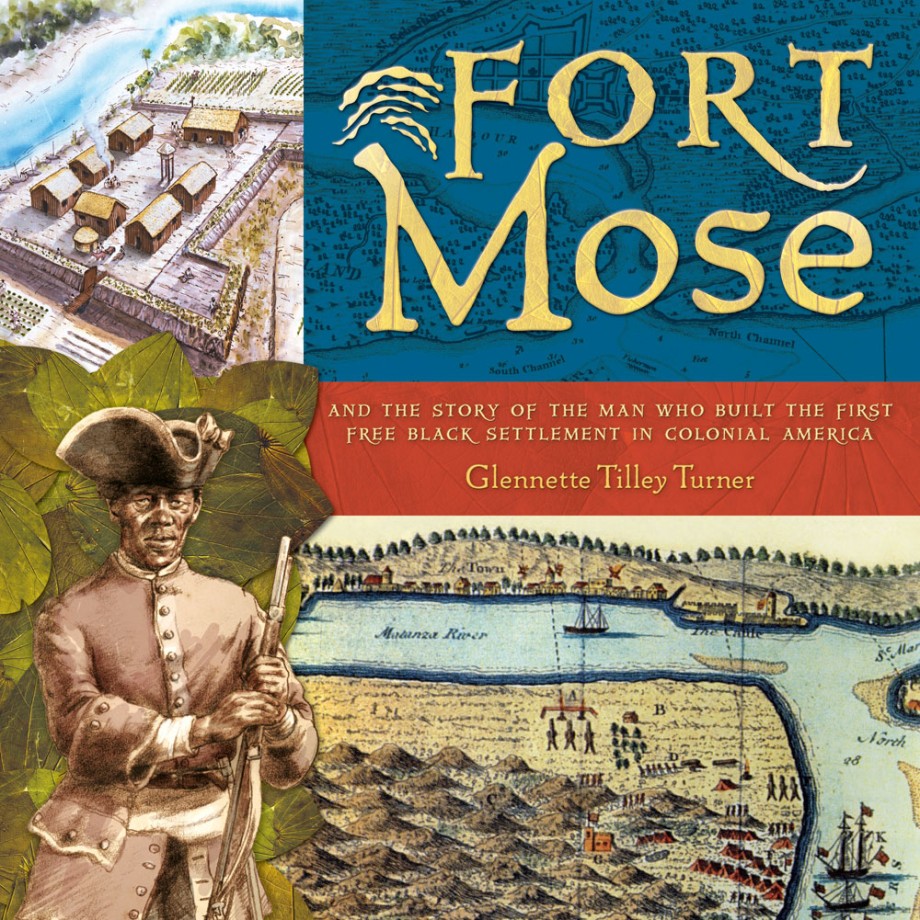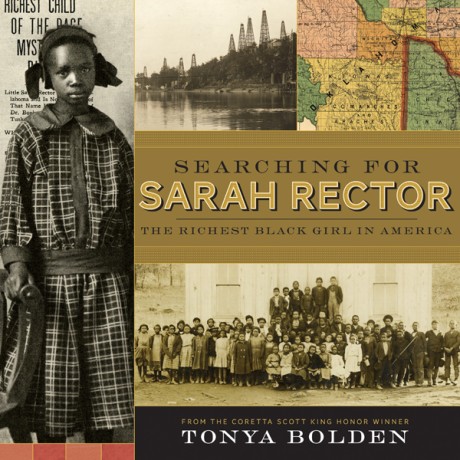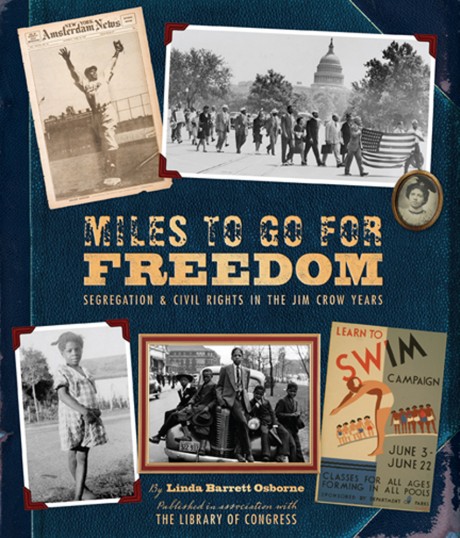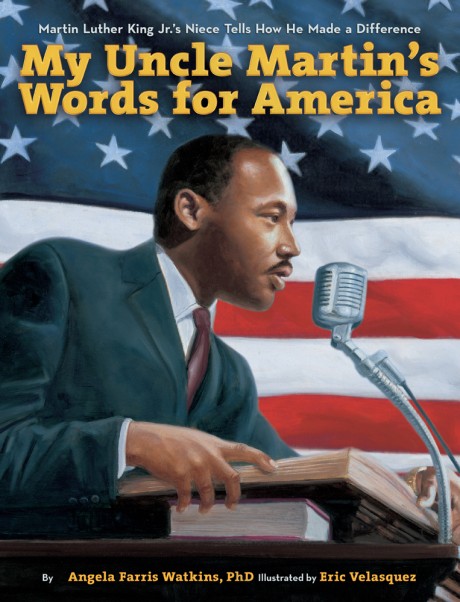Discover the powerful true story of Fort Mose, the first free Black community in what would become the United States.
In this richly illustrated picture book, acclaimed author Glennette Tilley Turner brings to life the journey of Francisco Menendez, an African-born man who escaped slavery in South Carolina and found freedom in Spanish Florida.
Founded in 1738 near St. Augustine, Fort Mose became a sanctuary for escaped Africans and a vital link in the southern Underground Railroad. Through vivid storytelling and archival imagery, readers explore Menendez's rise to captain of the Black militia, the daily life of the settlement's residents, and the cultural blending of African, Spanish, Native American, and English traditions.
With a glossary, bibliography, and source notes, this book offers young readers ages 7–12 a compelling introduction to African American history, colonial America, and the enduring fight for freedom. A must-have for classrooms, libraries, and families seeking to honor untold stories of resilience and leadership, this is the only picture book focused on Fort Mose,the first free Black community in America.
"Turner's graceful account clearly distinguishes between fact and supposition. . . . A significant addition to African American history collections for young people." —Booklist (starred review)
Praise
**STARRED REVIEW**Booklist, starred review
"Turner’s graceful account clearly distinguishes between fact and supposition. The paragraphs discussing the transport of slaves and their treatment at the “pest” house on Sullivan’s Island are particularly vivid and informative. Brightening every page of this large, handsome book are deep-green borders of tropical leaves. A significant addition to African American history collections for young people."
—
"A useful addition . . . for teachers and librarians looking for unique stories about colonial America."School Library Journal
—
"This handsomely designed book offers an eye-opening look at a hitherto little-known community and a notable figure in Colonial American history."Kirkus Reviews
—









